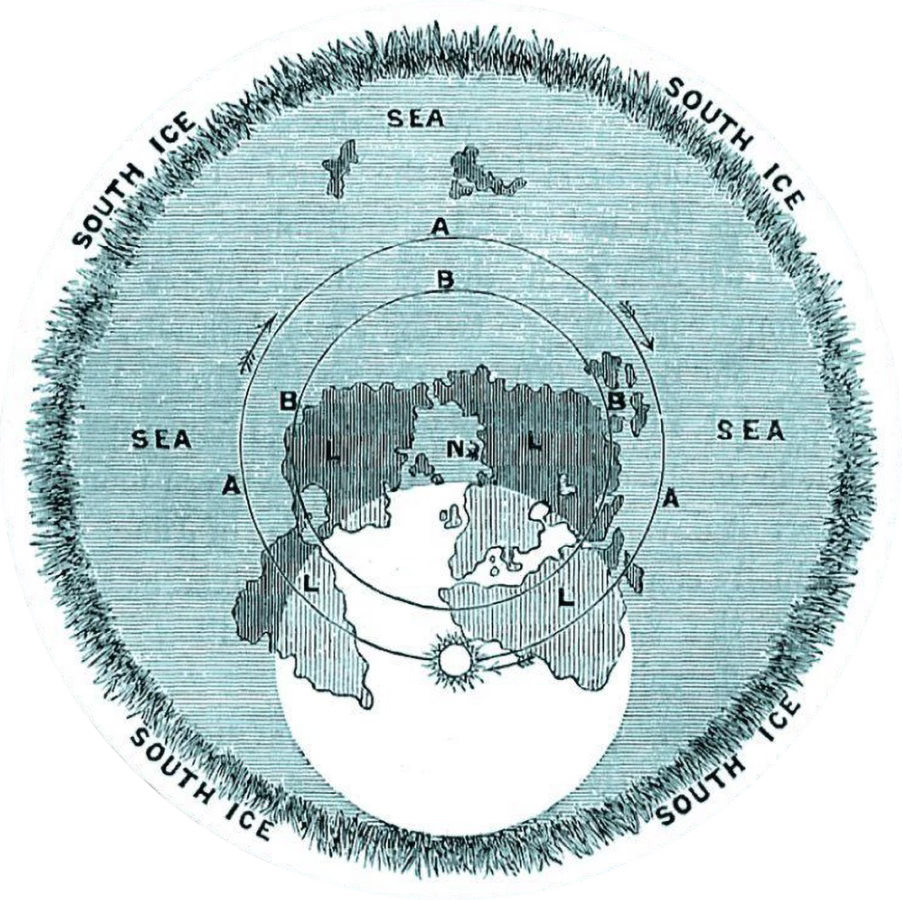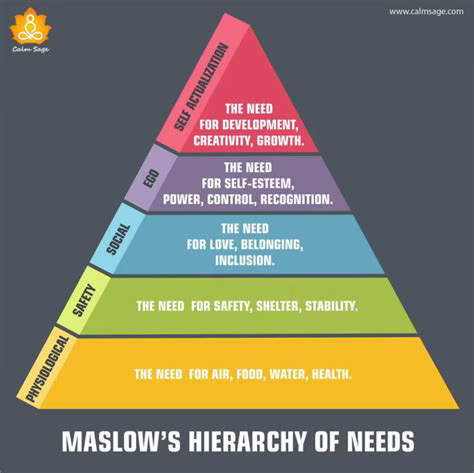The earth is flat
a look at epistemic honesty
At some level I have to admire proponents of a flat earth. This is a community of people who believe in an archaic and long-disproved conception that the earth, instead of being a sphere orbiting the sun, is actually a flat, unmoving disk. The center of the disk is the north pole; the outer edge is an ice wall (Antarctica) — real Dark Ages stuff.
Their tenaciousness is what impresses me most. Give a flat-earther any piece of counter evidence and they will debunk it.
A photo of the earth from space? A NASA hoax.
Photos from other countries’ space agencies? Part of an international agreement put in place to maintain the fiction that the earth is round.
The claim by “Globists” that the sun is 93 million miles away? How could we possibly feel the sun’s heat at that distance?
A prerequisite for accepting the flat-earth model is apparently the inability or unwillingness to distinguish between heat energy — which is transferred between objects due to a temperature difference like a warm oven heating a cold room — and radiant energy which uses electromagnetic waves and can travel through the vacuum of space.
How can anyone actually believe in their heart of hearts that the sun is a spotlight circling our pancake earth from 3,000 miles up?
As it turns out, here’s how:
Mistrust in authority and institutions. Curiously enough, mistrust has been building over the decades with each revelation. Here are a few from a long list: Unsafe at Any Speed, Ralph Nader’s 1965 treatise on how the US automobile industry put style and profit above safety, the release of The Pentagon Papers (1971), Watergate (1974), the Union Carbide gas leak in Bhopal, India (1984), the Iran-Contra affair (1981-86), benzene in Perrier (1990), all the way to and through “alternative facts” (2017). In 2024 Pew Research polls indicated a near all-time low in the number of Americans who say they trust the government in Washington to do what is right “just about always” (2%) or “most of the time” (21%).
Community and Identity. Belonging is a big draw — right in the middle of Maslow’s pyramid of human needs. And there is a certain rush that comes from rising above the cloud of deceit and ignorance and identifying with a fierce brand of truth. L'idéologie c'est moi!
Desire for special knowledge. I totally get this one. It’s like having a power no else has, which gives me confidence — and more than a little sense of superiority — because I know the truth (and you don’t):
I am really an immortal thetan. (see Scientology)
My family and I are prepared to survive the collapse of the world as we know it. (see Survivalists or the Prepper Movement)
911 was an inside job; also space solar generators and the 2018 California wild fires, just sayin’ (see QAnon and MTG)
My guy alone can fix this country. (see The rise of any autocrat in human history)
Questions that begin “How can you possibly believe…” are not unique to any particular debate. The use of the internet has created little echo chambers where even the most fringe of the fringe can find community, identity and validation for any conceivable viewpoint about anything.
Enter the power of “doubling down.” As Karen Douglas, a professor of social psychology at the University of Kent and conspiracy theory scholar observed:
If you're faced with a minority viewpoint that is put forth in an intelligent, seemingly well-informed way, and when the proponents don't deviate from these strong opinions they have, they can be very influential.
I can see that. Imagine someone who is reasonably intelligent, skilled in the art of rhetoric, an extoller of the power of (his) reason, has strong opinions and believes in not giving his sanction to the opposition — even if the opposition is a friend, a family member, a young mind, or someone with genuine epistemic humility.
My late sister Martha (about whom I will write next week) once texted me this perspective:
It can be easy for modest empathetic folk to doubt their state of affairs in the company of strongly self-oriented others.
Even after seven decades on earth, I can still get rocked back on my heels in encounters with people who beseech me to hear the truth ringing in their head.

Notes:
https://www.pewresearch.org/politics/2024/06/24/public-trust-in-government-1958-2024/
https://www.pewresearch.org/science/2023/11/14/americans-trust-in-scientists-positive-views-of-science-continue-to-decline/
https://en.wikipedia.org/wiki/Alternative_facts
https://www.nbcnews.com/news/us-news/us-prepper-culture-diversifies-fear-disaster-political-unrest-rcna142806
https://en.wikipedia.org/wiki/Epistemic_humility




Every bit of this makes sense and resonates with me, Stewart. Not sure if you read Heather Cox Richardson or if her piece from 5.16 made it to your eyes, but her discussion of “narrative warfare” really struck a chord with me. As someone who, like you, has spent a career paying attention to the language (verbal and otherwise) people use to communicate, and how, done well, that can deepen the convictions of the listener, and how the current movement so capitalizes on that reality, and…well, here we are. I’ll admit that I wasn’t ready for this one to end when it did. You’ve scratched the surface of an iceberg!